Event in Piauí releases data of first step of 2022 Census data collection
December 03, 2022 14h36 | Last Updated: December 07, 2022 11h26
Piauí counts with an enumerated population of 3,159,583 inhabitants, being 51% women and 49% men, according to the data of the first step of the 2022 Population Census data collection. The figures, regarding November 30, 2022, were presented by the IBGE on Friday (2) at a hotel in Teresina. Piauí is the first Brazilian state to successfully complete this step.
The event counted with the presence of the President of the IBGE, Eduardo Rios Neto, the Director of Surveys, Cimar Azeredo, and the State Superintendent, Leonardo Passos. Local authorities, like the mayor of Teresina, José Pessoa Leal, known as Dr. Pessoa, and the Federal Representative Júlio César (PSD-PI) were present as well.
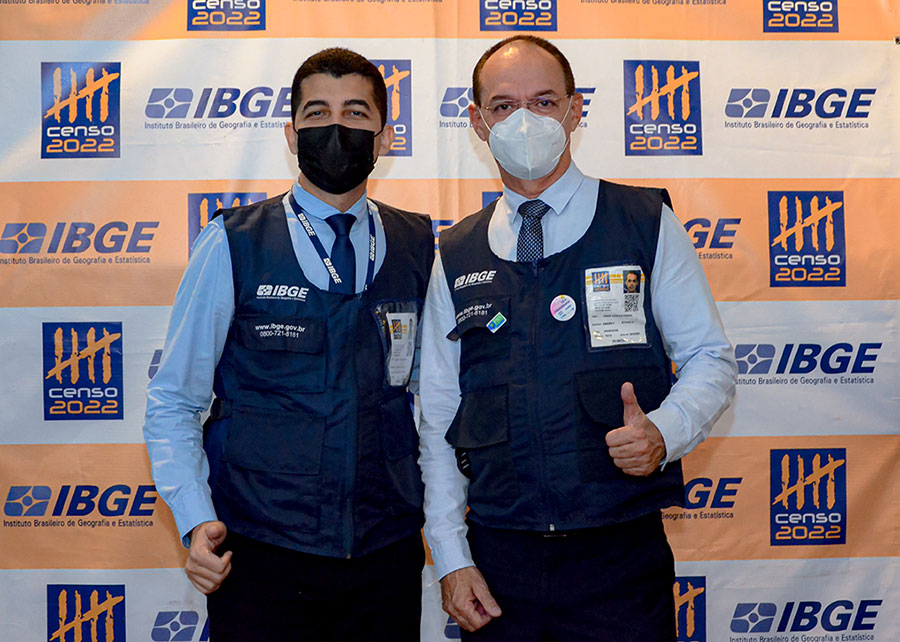
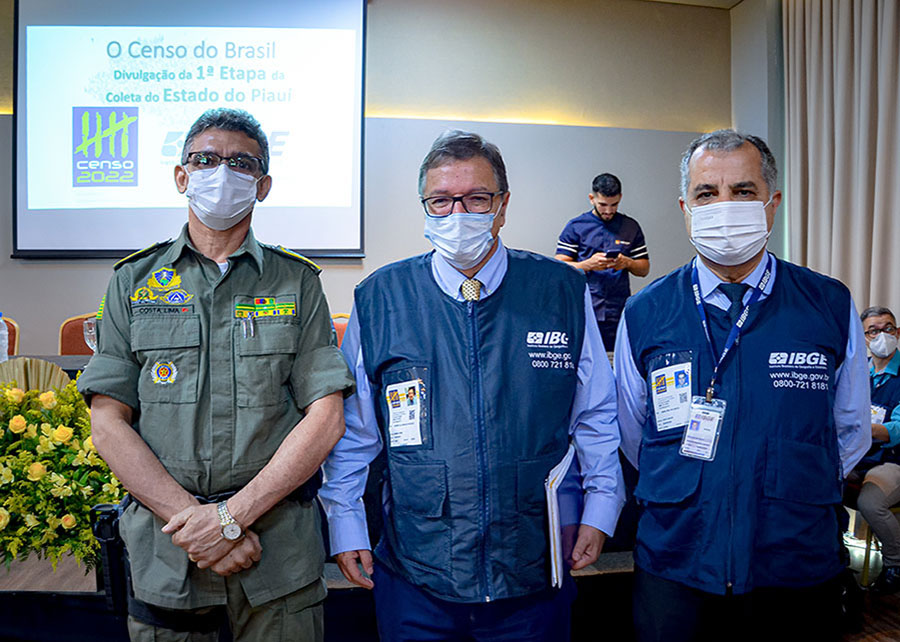
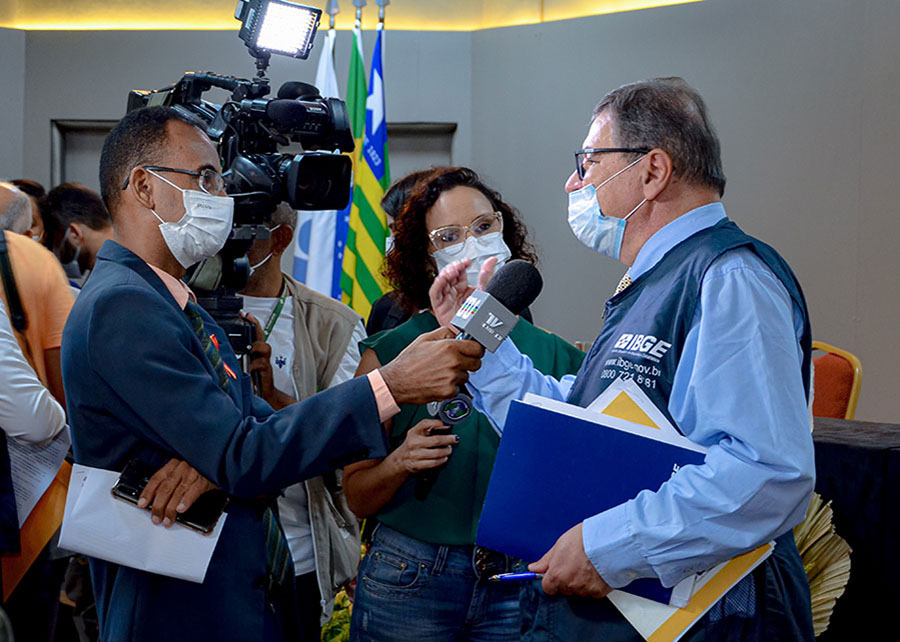
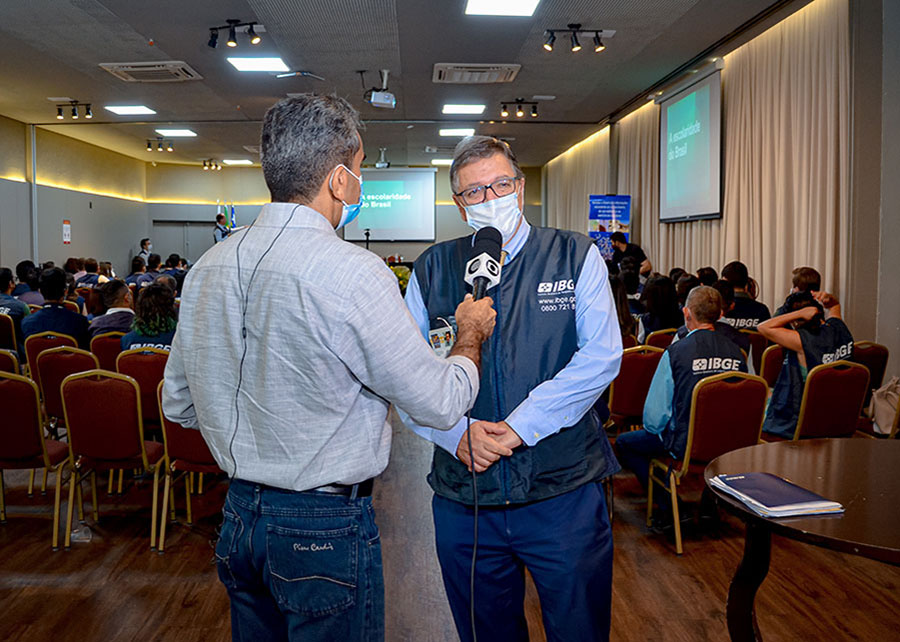
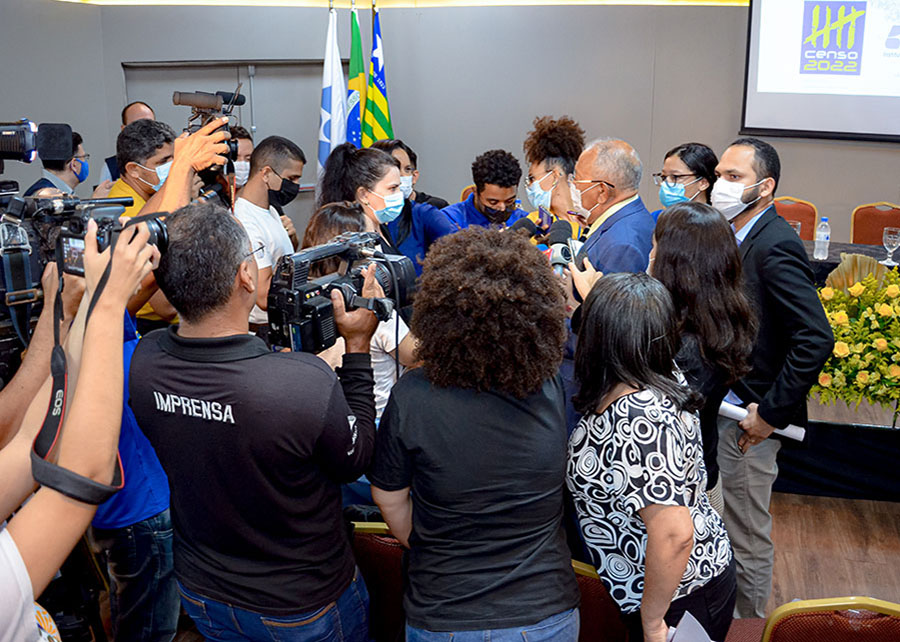
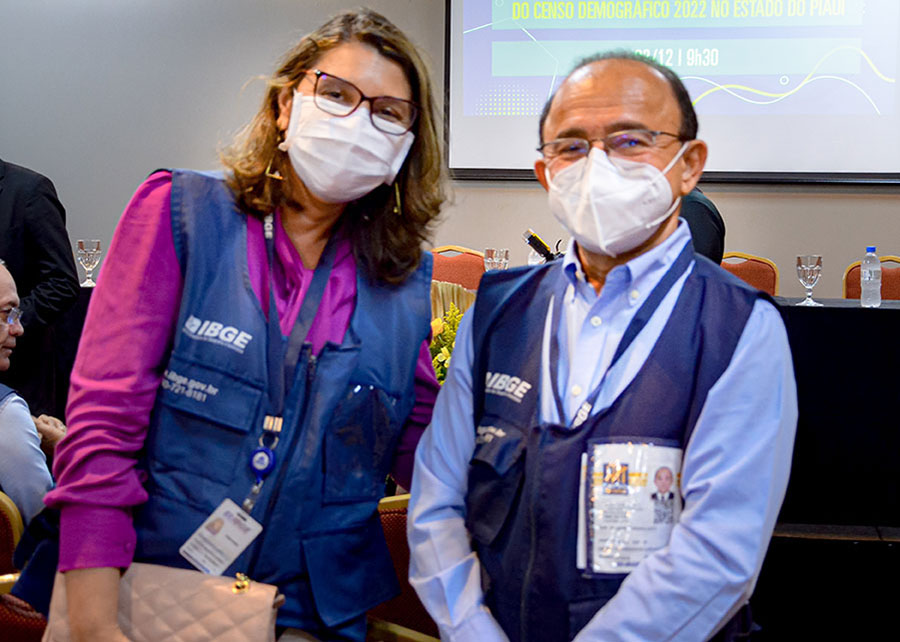
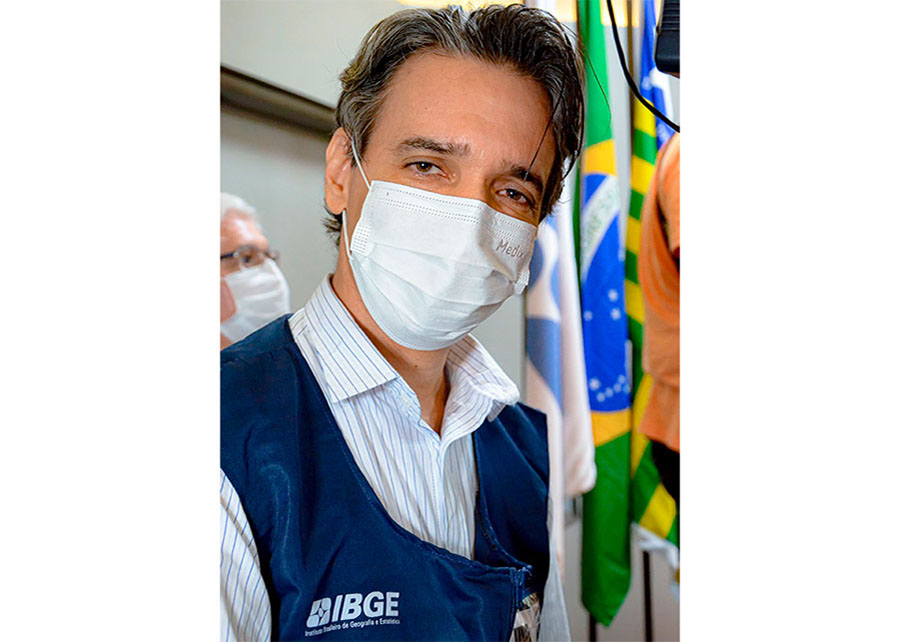
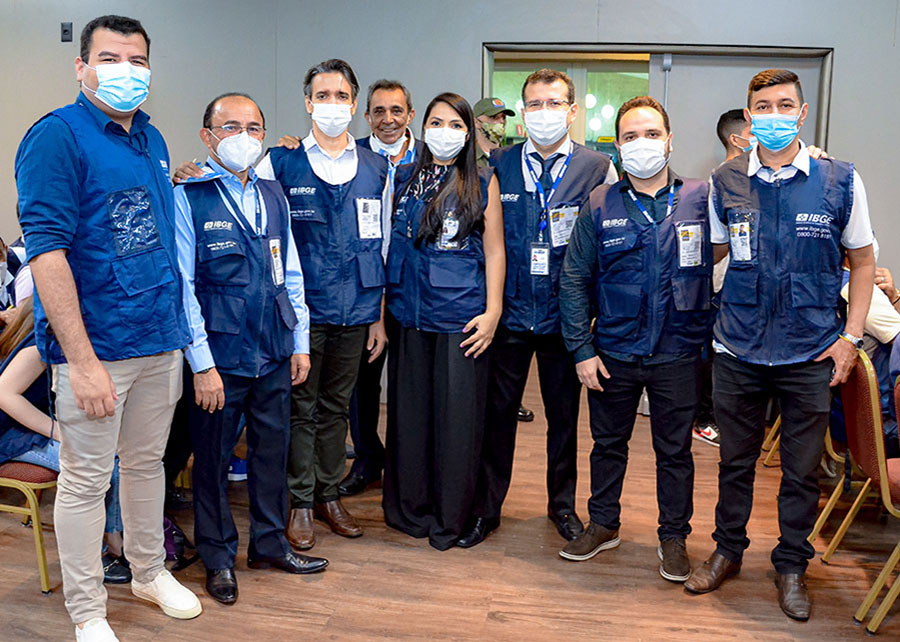
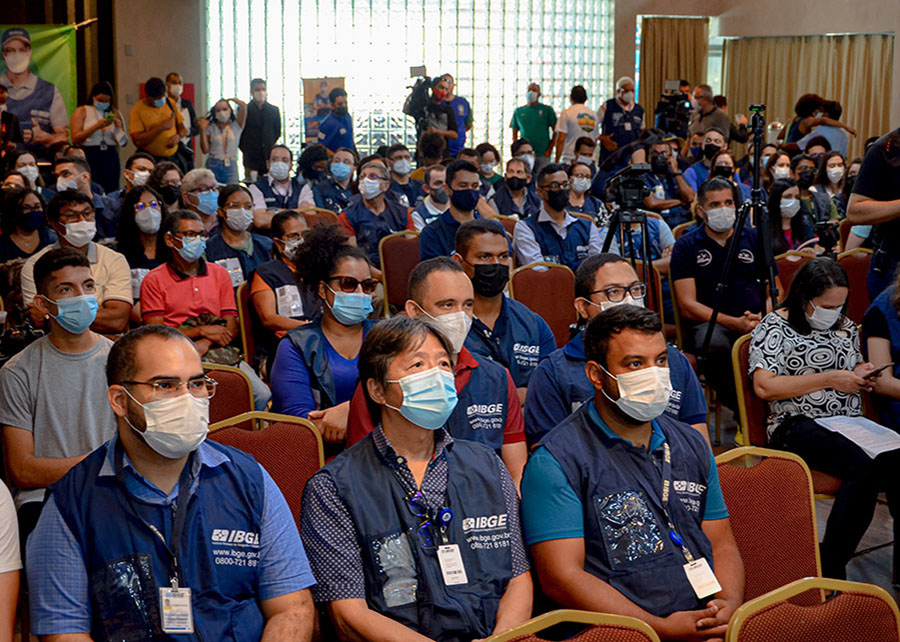
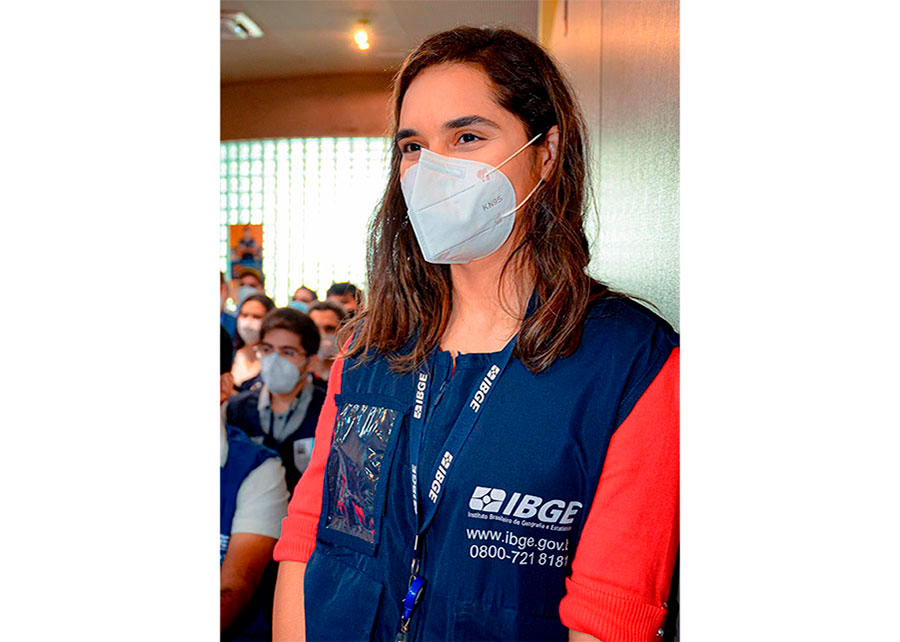
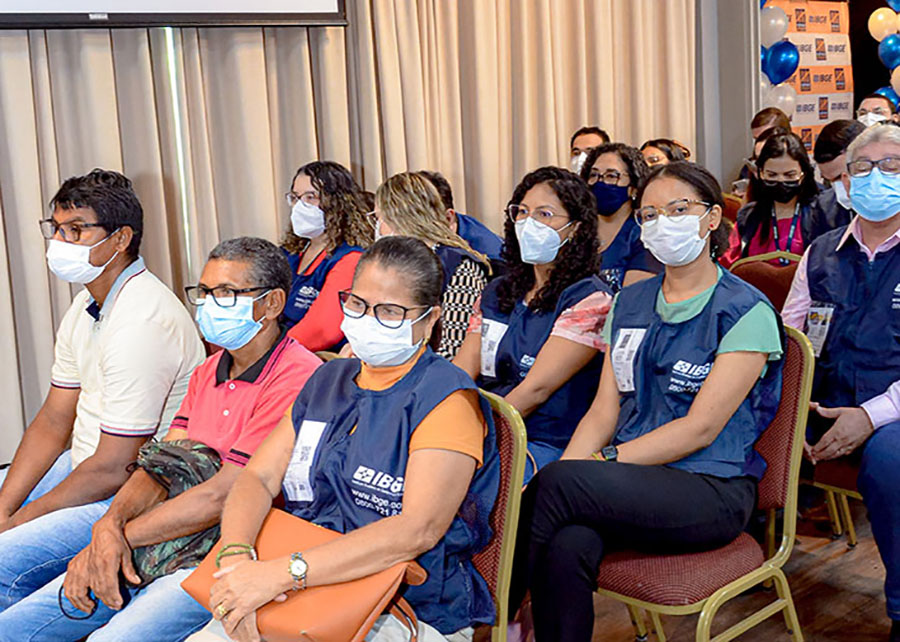
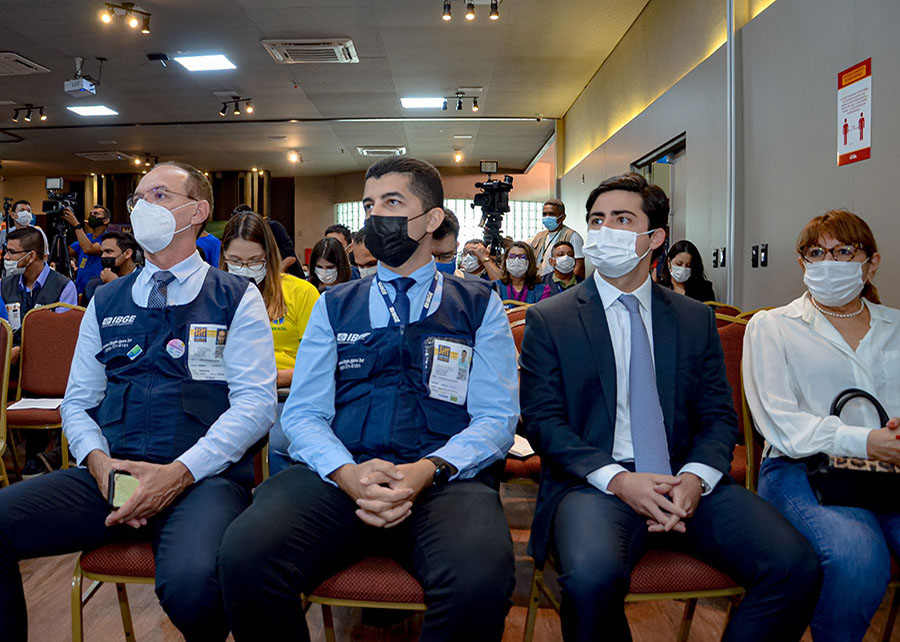
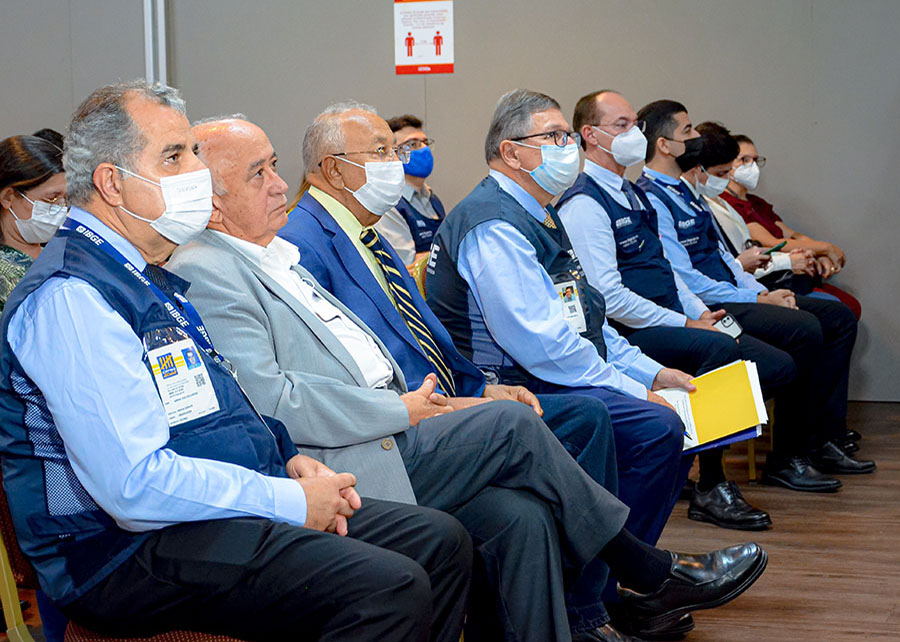
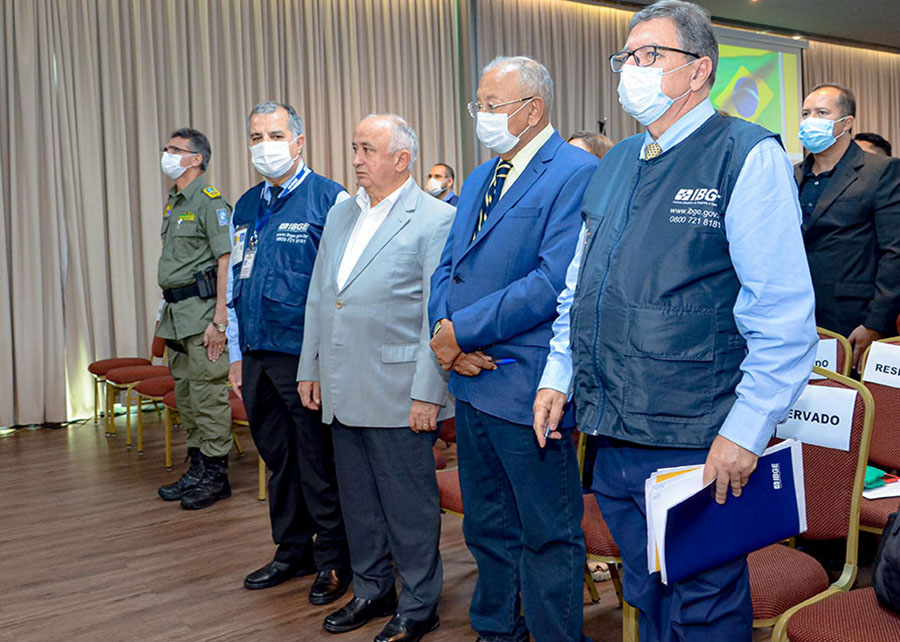
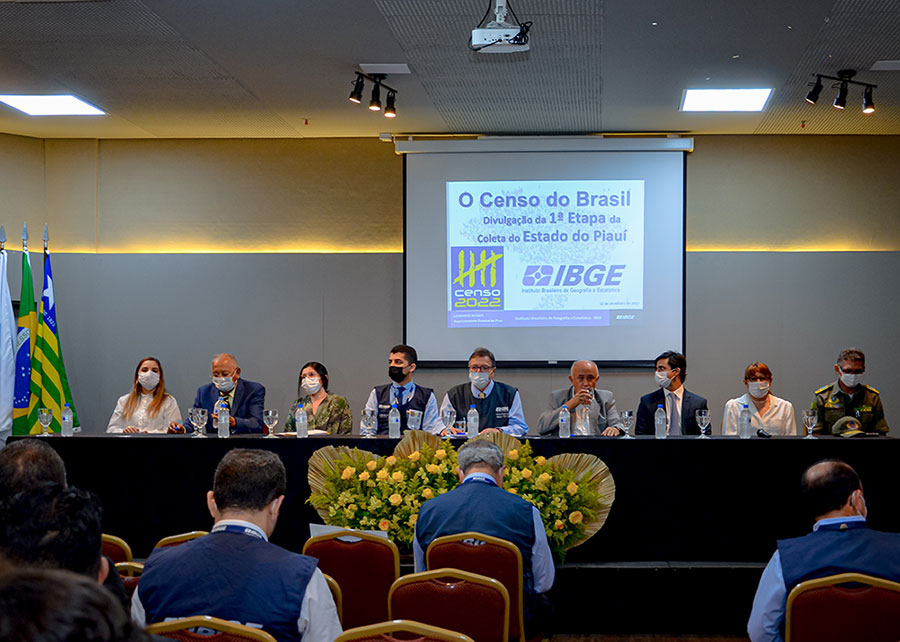
Picture: Juliana Eulálio/IBGE
What the participants said
Eduardo Rios Neto, President of the IBGE
“I visited 20 states before the beginning of the Census data collection on August 1st, but I left Piauí convinced that I visited a great team. Piauí toasted the IBGE with the first conclusion of a Census step in a very special moment, under any perspective. A harmonic confluence that rejoices us a lot.”
Cimar Azeredo, IBGE Director of Surveys
“This Census is very complete, it has the size of Brazil. And we have to thank the Piauian society for supporting the Census. We are very proud and now we celebrate the conclusion of the first step with you. Let´s move ahead with the aftermath work, let´s refine the search and open housing units not yet interviewed.”
Leonardo Passos, IBGE Superintendent in Piauí
“The Piauian team was prepared with a lot of planning and invested a lot in training. The phase of hiring enumerators and the availability of the infrastructure of vehicles were factors that contributed to complete the first Census step in Piauí. Moreover, we highlight the responsiveness of the Piauian population, which supported the IBGE: we had very low percentages of refusals and absences.”
Liege Moura, Superintendence of Social and Economic Surveys of Piauí (Cepro)
“We know the relevance of this survey and the efforts everybody did to reach the first step in Piauí today, as I could follow up this process since the first meetings. It is time to review the nation´s planning, it is required that the investments reach the most deprived persons.”
José Pessoa Leal, Dr. Pessoa, mayor of Teresina
“The IBGE is the mirror of a nation. And the country´s planning requires this mirror. I was a temporary worker in the IBGE in the 1970s and I know of the importance of knowing the data. I congratulate the residents of Teresina and the people of Piauí for their cooperation with the Census.”
Júlio César, Federal Representative (PSD-PI)
“I was an enumerator when I was a student and since then I admire the IBGE´s work. The figures establish the criteria for every public action, in education, in health, in the constitutional transfers for states and municipalities and in a number of other investment actions. It is based on these actions that we will reduce the differences between rich and poor people.
Assis Fortes, President of Institutional Relations for OAB-PI
“The OAB is open to bring citizens closer to institutions and, based on Census data, ask better public policies.”
Colonel Manoel da Costa Lima, Deputy Commander of the Military Police
“Our Military Police perceives the importance of this work with the community and provides a complete support to the Census operation. We are partners in every action.”
Edna Maria Magalhães, Pro-Rector of Planning of the Federal University of Piauí
“The Census represents the answers for the questions: Who are we? How many we are? What do we do? The employment issue and our social and economic condition. In the university, the IBGE work should be broadly discussed for a society that wants to be inclusive and diversified.”
The figures of the first step
The first step of the Census data collection is that in which the entire territory of the state is covered (every urban and rural enumeration area) and every address is visited. To accomplish this step of the Census, 2,547 persons worked as enumerators in Piauí, of which 1,379 are still hired to take part in the next step of the census operation.
Altogether, 7,122 enumeration areas were covered (100% of the enumeration areas in the state), 1,884,583 addresses were registered, being 1,411,889 permanent private housing units, 1,465 collective housing units (403 with residents and 1,062 without residents) and 703 improvised housing units. Of the private housing units visited by the enumerators, 1,065,672 were occupied, 207,590 were empty and 138,627 were of occasional use.
Concerning traditional peoples and communities, 7,063 persons self-declared as indigenous. In Piauí, at least one indigenous person was enumerated in 153 municipalities. Concerning the quilombolas, who are being surveyed by the IBGE Census for the first time, 31,384 persons have already been enumerated. In 77 municipalities of the state, at least one quilombola person was enumerated.
In terms of Census questionnaires applied in the state, 871,551 households (84.08%) responded to the basic questionnaire with 26 questions, answered in up to 6 minutes. Other 165,064 households (15.92%) responded to the sample questionnaire with 77 questions, answered in up to 16 minutes.
Most households, 1,027,178 (99.54%), were enumerated face-to-face, whereas 3,632 households (0.35%) provided information through telephone and 1,113 households (0.11%) chose to provide information through the Internet. Most of the pre-established supervision tasks were also completed in the first step of the data collection.
Second phase already in the field
Completed the first step of the data collection, the second step starts, recovering the housing units that were registered with absent residents and those that refused to respond to the Census. This process will allow the enumeration of non-registered persons and, thus, mitigate the level of non-answered questionnaires. The second step also carries out procedures to pinpoint and fix coverage failures.
The second step will also carry out a thorough refining of the data collection work, by which geo-technologies and statistical techniques are used to guarantee the quality of the information produced. The collected data are crossed with other databases like, for example, the residential address provided by the Brazilian Electricity Regulatory Agency (Aneel) and have geo-technologies applied that capture the geographic coordinates of every housing unit. In this process, the IBGE also uses up-to-date high-resolution satellite images. The combination between images and collected coordinates allows to pinpoint parts of the territory not covered by enumerators. Therefore, it is possible to detect potential coverage failures and send teams to complement the enumeration.
In the end of the second step the data are compiled and statistical procedures applied. The conclusion of this step will be the release of the preliminary results of the 2022 Population Census, scheduled to occur by the end of December.
It is followed by the third step, when the works of quality control and statistical treatment started in the second step are completed. The final results of the 2022 Census are scheduled to be released along 2023.
